by Blaine Taylor
On Dec. 1, 1814, Andrew Jackson and his staff rode into New Orleans to take command of the defense of the American city. According to his biographer Robert V. Remini, “The crowd was startled when they saw this frail-looking man. He seemed emaciated and his complexion was sallow and ghostly … He was 47 years of age, his hair iron-gray, his face long and gaunt.”
[text_ad]
And yet, having lost all the members of his immediate family in the first war for American Independence we now call the Revolution, he was determined to defeat the British no matter what, asserting, “I will smash them, so help me God!”
Asked by his aide John Reid what he would do if the British should breach his lines on Jan. 8, 1815, he replied, “I should have retreated to the city, fired it and fought the enemy amidst the surrounding flames … I would have destroyed New Orleans, occupied a position above on the river, cut off all supplies, and in this way compelled them to depart from the country.”
In this vein, it is interesting to speculate what might have happened at any of the earlier battles—at Bladensburg, North Point and Baltimore—had Andrew Jackson been in command.
A Natural Talent for the ‘Science’ of Warfare
For a man who fought and defeated Creek Indians, Spaniards and British Regulars in pitched battles, it comes as a startling shock to learn that, until he received his first military command at the age of 46, he had no practical experience in this “science” to speak of, and perhaps that is why his opponents tended to underestimate him, to their later everlasting regret.
“No man could have been better fitted for the task” of repulsing the British, wrote Teddy Roosevelt in 1882. “Jackson is certainly by all odds the most prominent figure that appeared during this war, and stands head and shoulders above any other commander, American or British, that it produced. It will be difficult, in all history, to show a parallel to the feat that he performed. In three weeks’ fighting, with a force largely composed of militia, he utterly defeated and drove away an army twice the size of his own, composed of veteran troops, and led by one of the ablest of European generals.…
“The American soldiers deserve great credit for doing so well, but greater credit still belongs to Andrew Jackson, who, with his cool. head and quick eye, his stout heart and strong hand, stands out in history as the ablest general the United States produced, from the outbreak of the Revolution down to the beginning of the Great Rebellion” (i.e., the American Civil War.)
Lawyer, Husband, Duelist, General, President
Left a small inheritance by his Irish grandfather, young Andrew floundered in life until he decided to study law at age 17, and three years later was admitted to the North Carolina bar. Hot tempered and passionate, Andrew married Rachel Donelson Robards and soon began his career as a duelist to protect on occasion what he considered to be her injured honor. Elected Tennessee’s first Member of Congress, he later ascended to the U.S. Senate to replace a friend, and in 1802 was elected Major General of the State Militia.
Ignored in 1803 by President Jefferson to be Louisiana’s first Governor, he briefly flirted with Aaron Burr’s conspiracy to seize Spanish Florida and Mexico, then wisely backed off. The War of 1812 thrust him into military command and the national spotlight, and on March 27, 1814, he defeated the Creek Indians at the Battle of Horseshoe Bend. He also repulsed the British at Mobile, Ala., on Sept. 15th and took Pensacola from the Spanish on Nov. 7th, arriving in New Orleans on Dec. 1, 1814 to take up his most famous command. He would reinvade Florida in 1818 to begin the First Seminole War, and, starting in 1828, to win two terms in the White House as America’s seventh President of the United States.
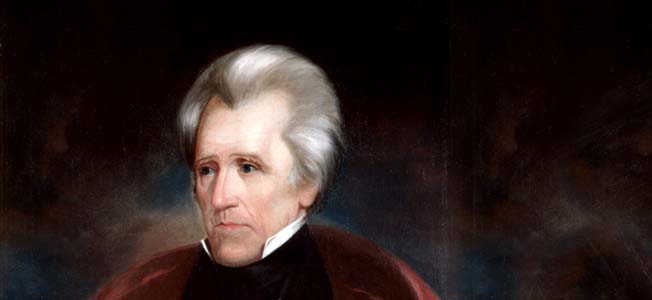
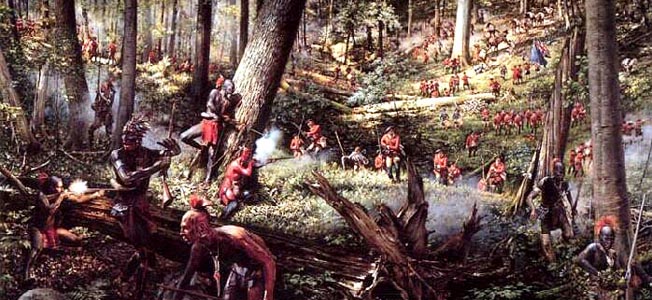

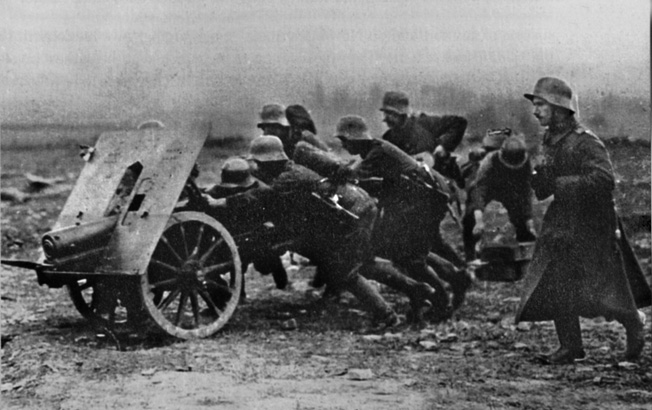
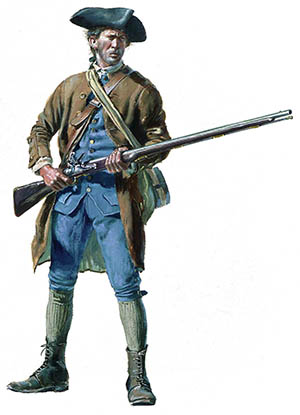
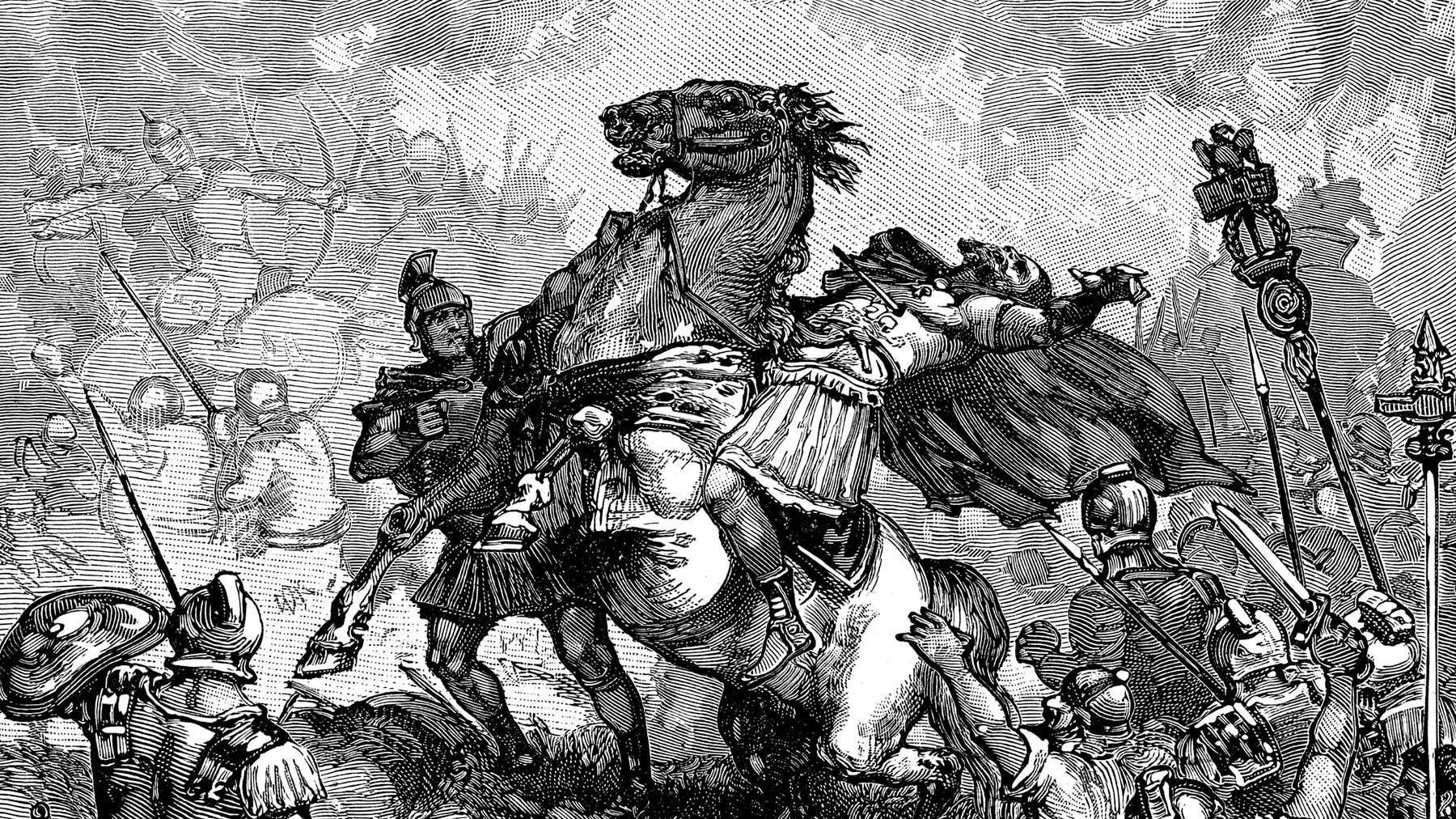
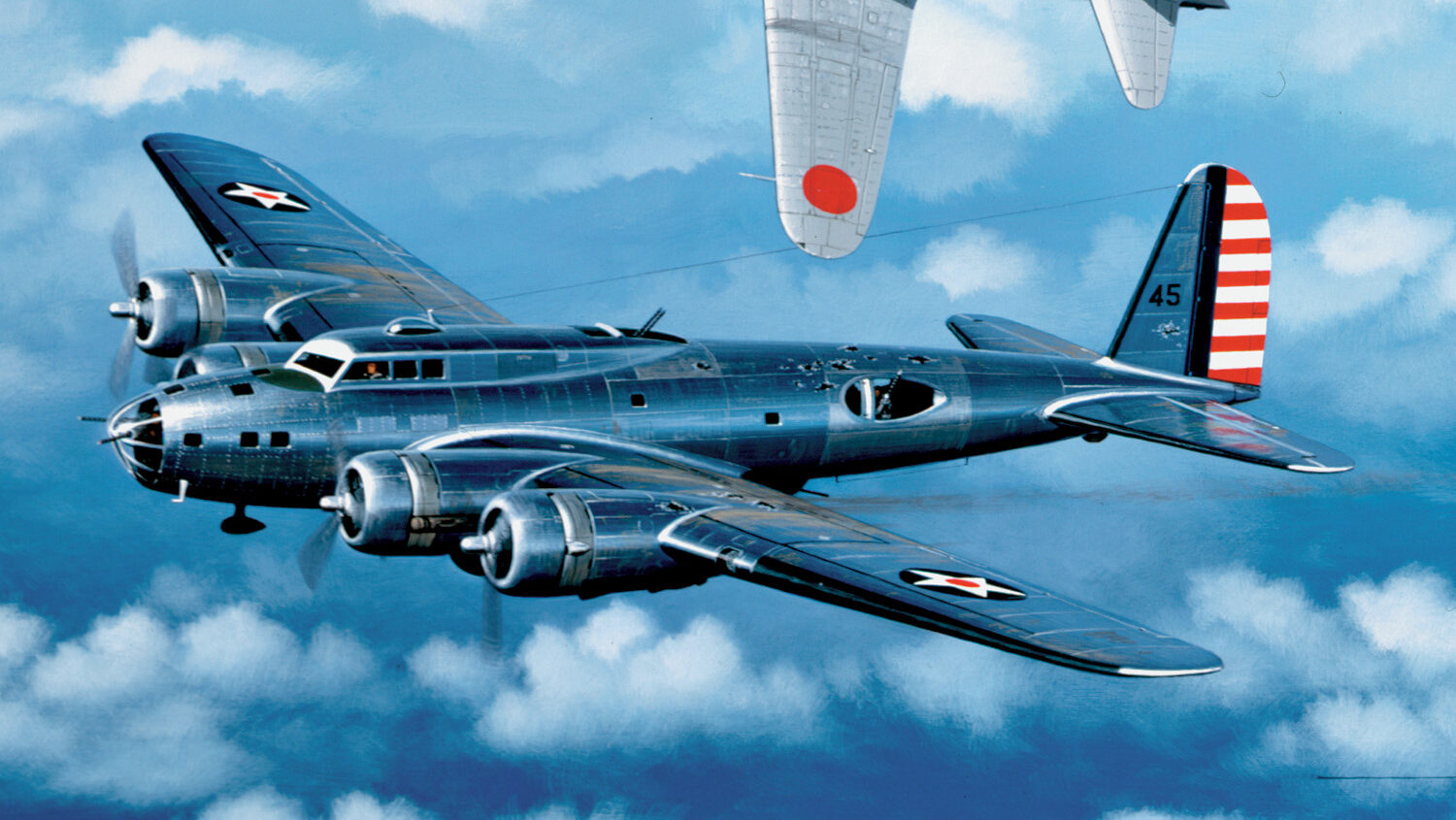
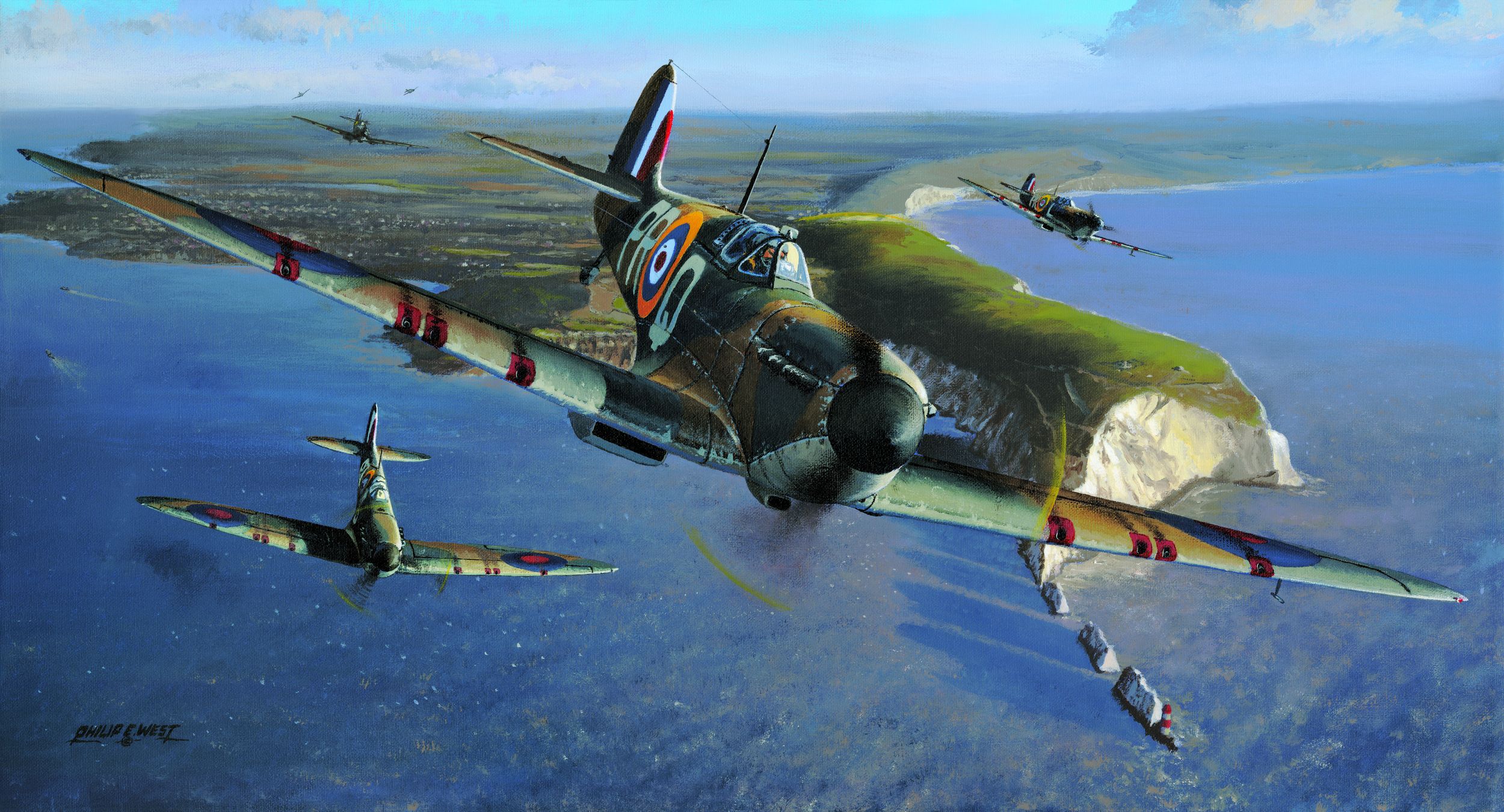
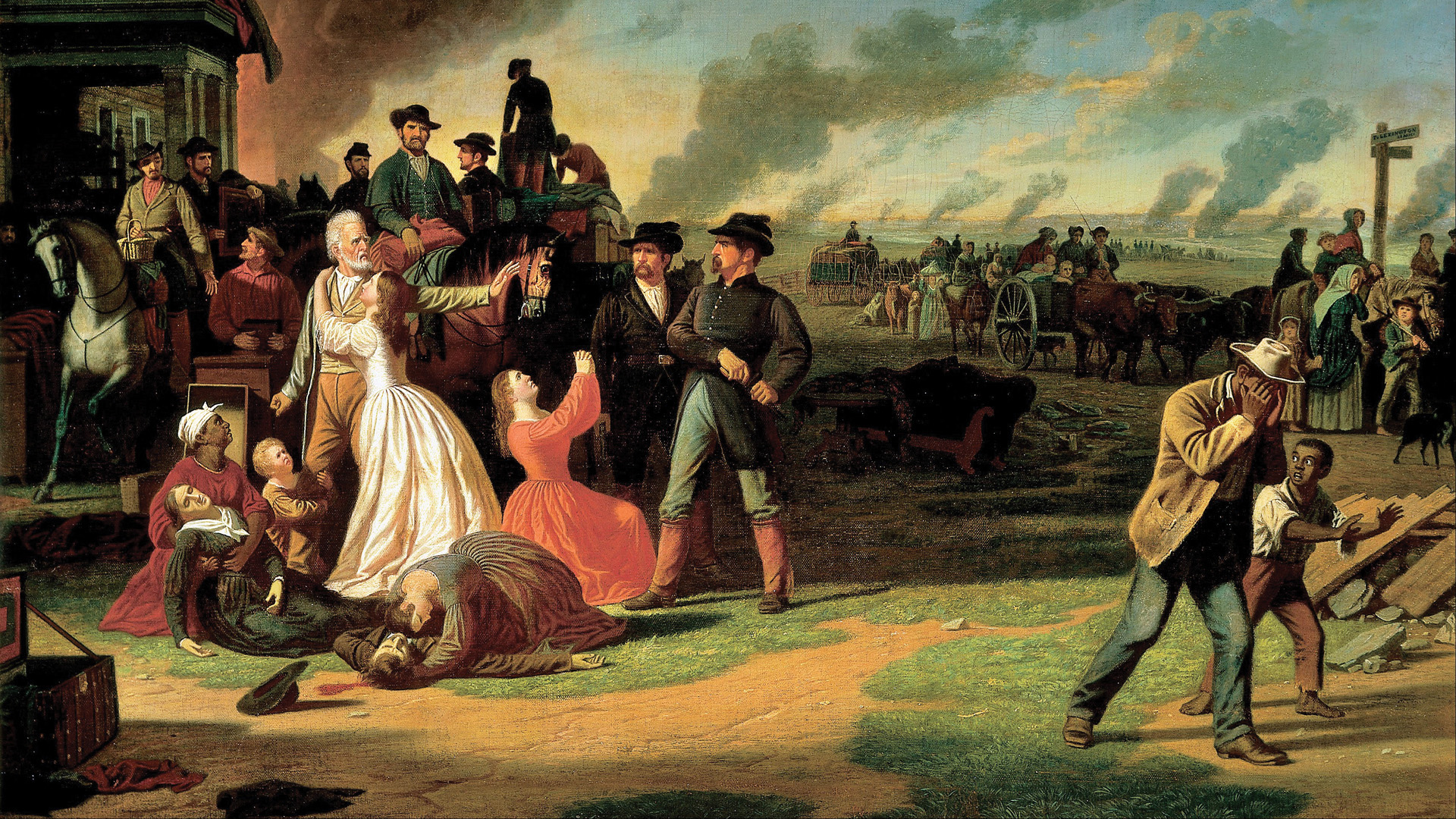
Join The Conversation
Comments
View All Comments